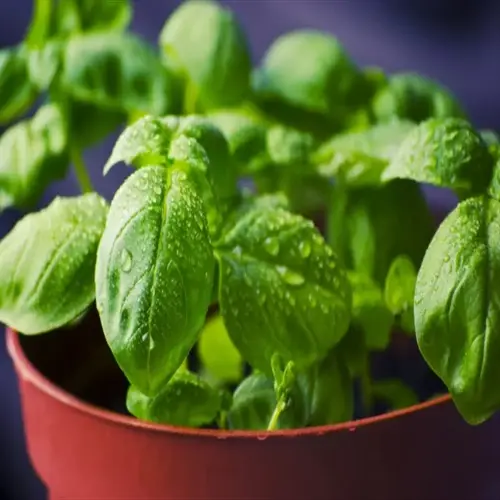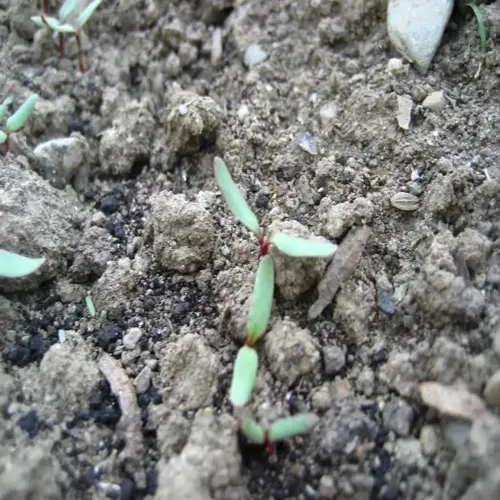What size container is needed?

Written by
Paul Reynolds
Reviewed by
Prof. Samuel Fitzgerald, Ph.D.Selecting the appropriate container size is key for blueberry success. Too small stunts root growth and fruit production. I learned this the hard way when I started my blueberries in containers that were too small: I had little plants. As the bushes mature, upgrade their containers for the best fruit yields. Adequate sizing retains good roots and maximizes blueberries for many years.
Make sure containers have multiple drainage holes at the bottom. Place on bricks for air circulation. I keep my established bushes in 24-inch-wide plastic containers, yielding a harvest of approximately 10 pounds of fruit per year. Shallow pots cause roots to circle, leading to nutrient starvation. Deep containers foster strong vertical root anchoring.
Material Comparison
- Plastic: Lightweight but needs insulation
- Wood: Natural insulation but requires sealing
- Fabric: Promotes air pruning but dries quickly
- Ceramic: Aesthetic but heavy and fragile
Repotting Schedule
- Year 1: Start in 5-gallon nursery pot
- Year 3: Upgrade to 15-gallon container
- Year 5: Move to 20+ gallon final pot
- Always check root density before sizing up
Annually, assess root growth to judge sizing requirements. Roots circling the container bottom require immediate repotting. I check every spring, before new growth emerges. Transition shrubs slowly to prevent transplant shock. My current shrubs are healthy in their third containers since being planted.
Proper sizing is achieved with acidic soil mixes, utilizing a classic 50% peat moss and 50% pine bark fines blend. This maintains the pH level and provides space for root expansion. I have one container, as large as 25 gallons, with my custom mix, supporting a seven-year-old bush that is still yielding great results.
Read the full article: How to Grow Blueberries in Pots Successfully

